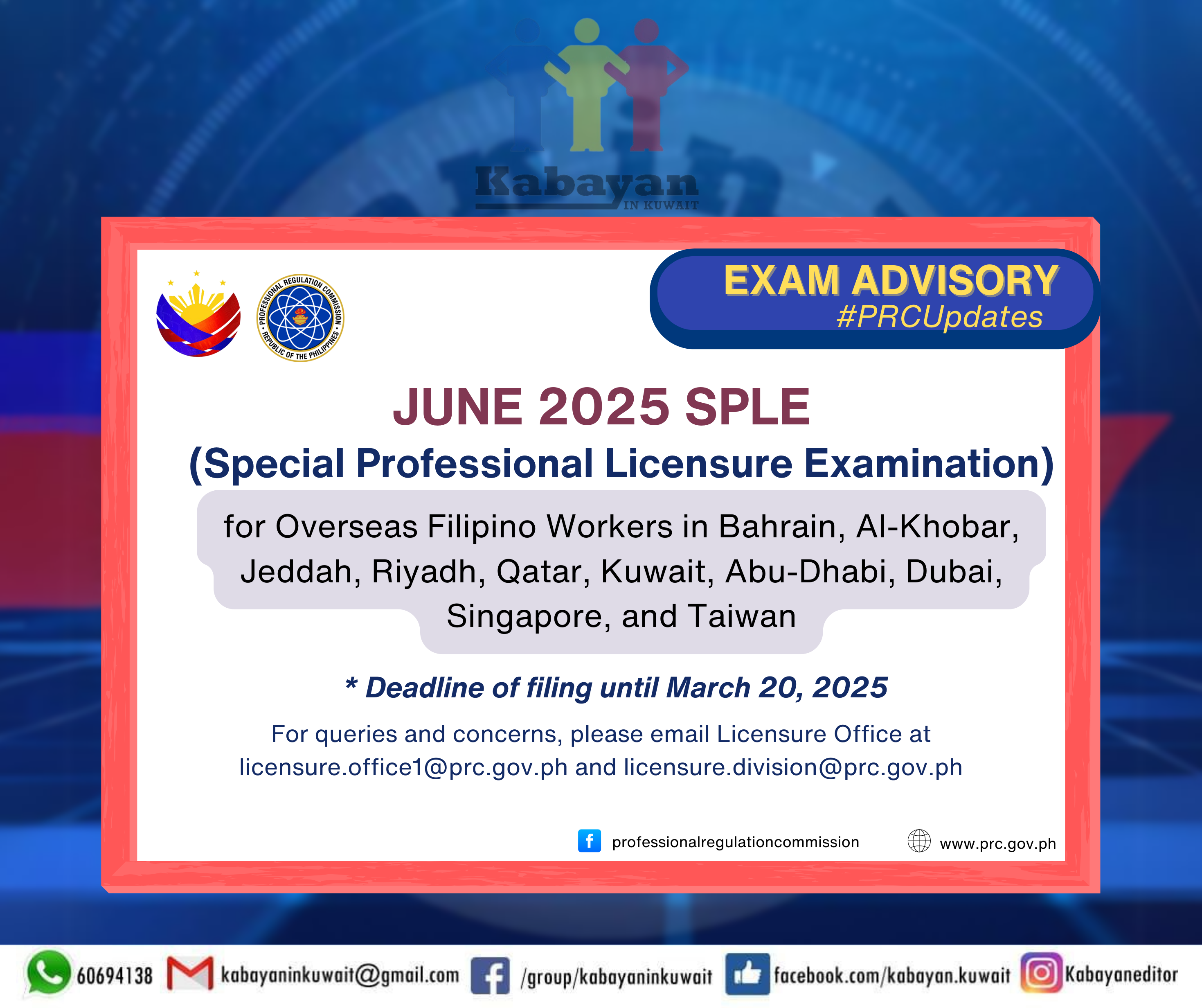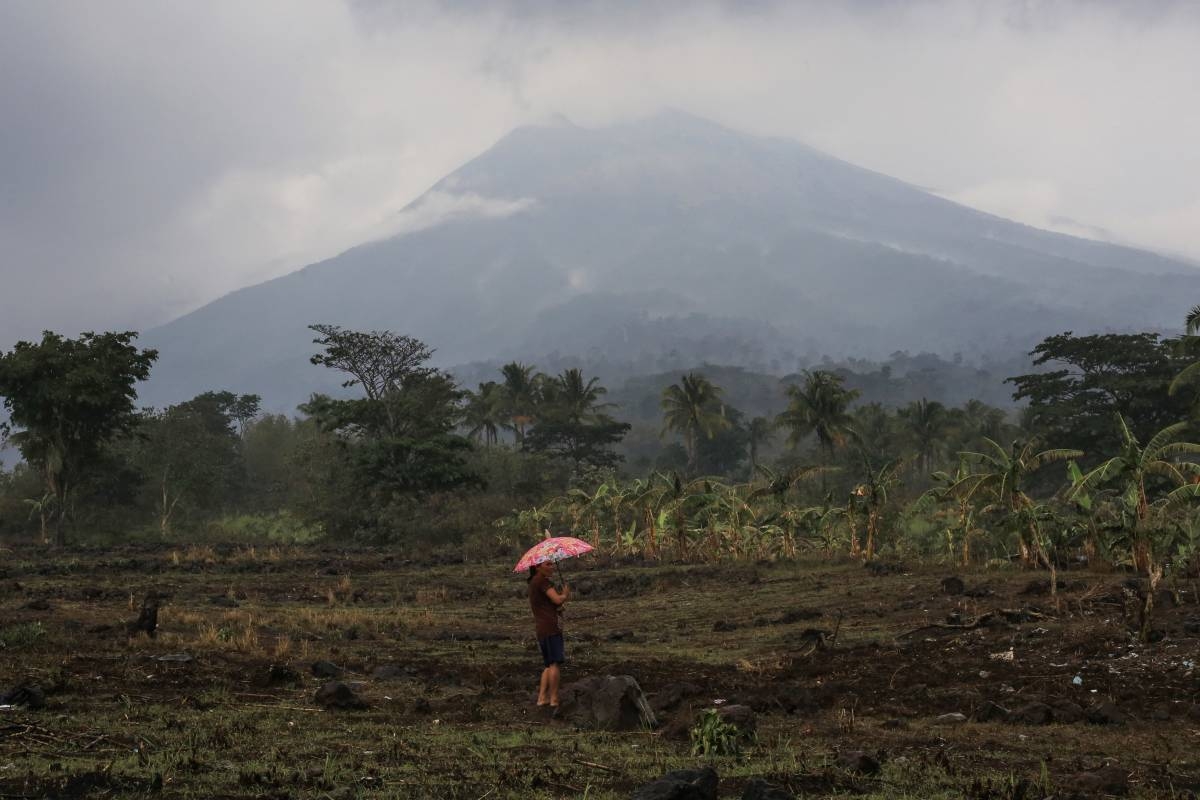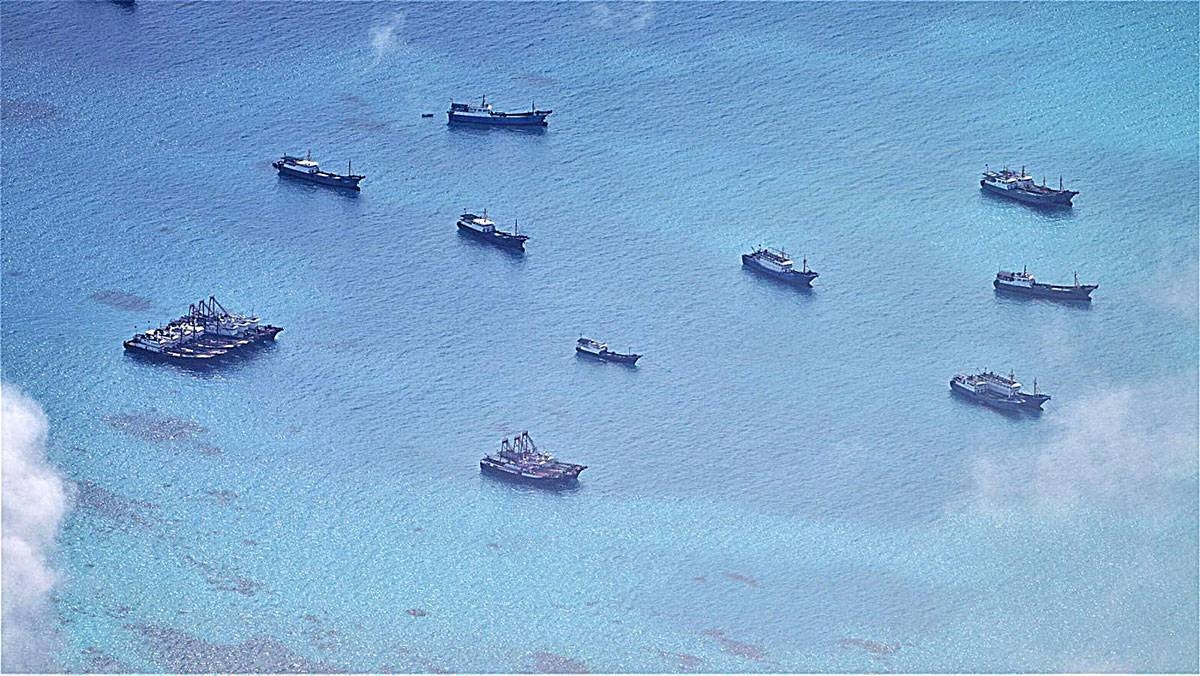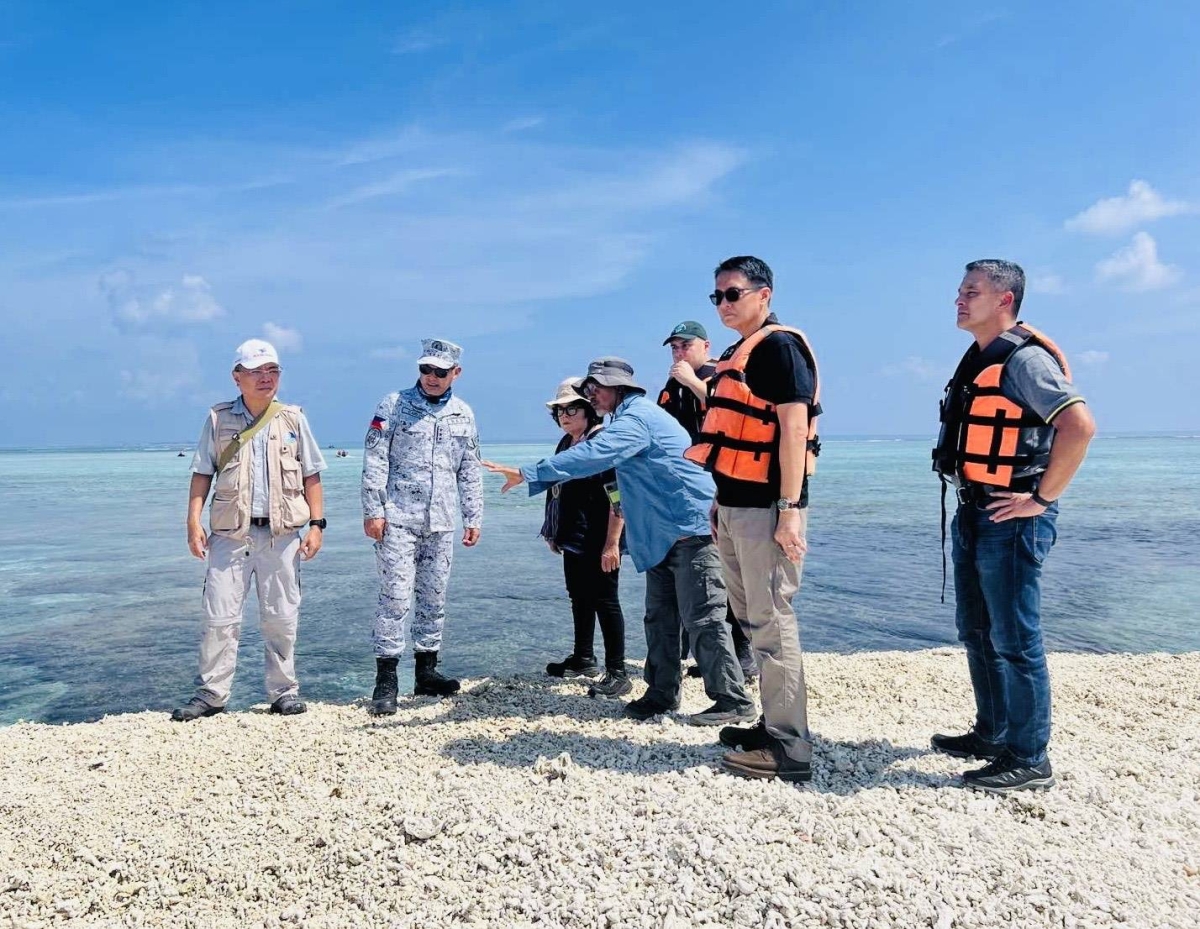At the “Sustaining the Oasis: Envisioning the Future of Water Security” conference held at Georgetown University in Qatar (GU-Q), Malcolm Gladwell, renowned author and influential thinker, emphasized the need for immediate action to address the global water crisis. With climate change and increasing demand threatening the security of our water supply, Gladwell urged for a bold and urgent approach, drawing parallels to the risk-taking and sense of urgency that led to breakthroughs in medical treatments and technological advancements.
Gladwell, known for his bestselling books such as “The Tipping Point,” “Blink,” and “Outliers,” highlighted the importance of treating the water crisis as a pressing issue that requires immediate attention. He emphasized that we must not make the mistake of treating it as an ordinary problem, disregarding the need for urgency and disagreeable actions. Drawing a comparison to the pioneering scientist who took risks in developing chemotherapy treatments for childhood leukemia, Gladwell stressed the significance of challenging the status quo and defying conventional wisdom.
Referring to the environmental crises of today, Gladwell highlighted the non-intuitive timeline associated with climate change. He explained that when we hear that the Amazon is 20% deforested, we may assume there is still ample time to address the issue. However, the tipping point for irreversible damage occurs at 40% deforestation, which is dangerously close. Gladwell posited that the denial of climate change often stems from people struggling to comprehend this non-intuitive timeline.
Gladwell emphasized that tipping points, such as the Amazon reaching a critical deforestation threshold, are counterintuitive and require a different mindset. He warned that if we approach the water crisis with the same mindset as a regular problem, we cannot expect positive outcomes. The rapid transformation of the Amazon from a rainforest to a savannah would have devastating consequences for the planet, underscoring the urgency of the situation.
Following Gladwell’s keynote, Dr. Safwan Masri, the dean of GU-Q, engaged in a conversation with him, highlighting the significance of water security and the lack of access to safe drinking water globally. Dr. Masri emphasized the importance of conferences like this one in raising awareness about these pressing issues and sharing positive developments. Gladwell agreed, suggesting that the persistence of skepticism surrounding these issues indicates a need to reframe them for the public and policymakers.
The water crisis demands immediate action and a departure from conventional approaches. By recognizing the urgency and risks associated with climate change and water security, we can work towards finding innovative solutions. The collaboration between GU-Q and the Earth Commons Institute at Georgetown University in Washington, DC, sets a precedent for interdisciplinary efforts to address global challenges. Together, with a sense of urgency and a commitment to change, we can create a sustainable future for water security.







